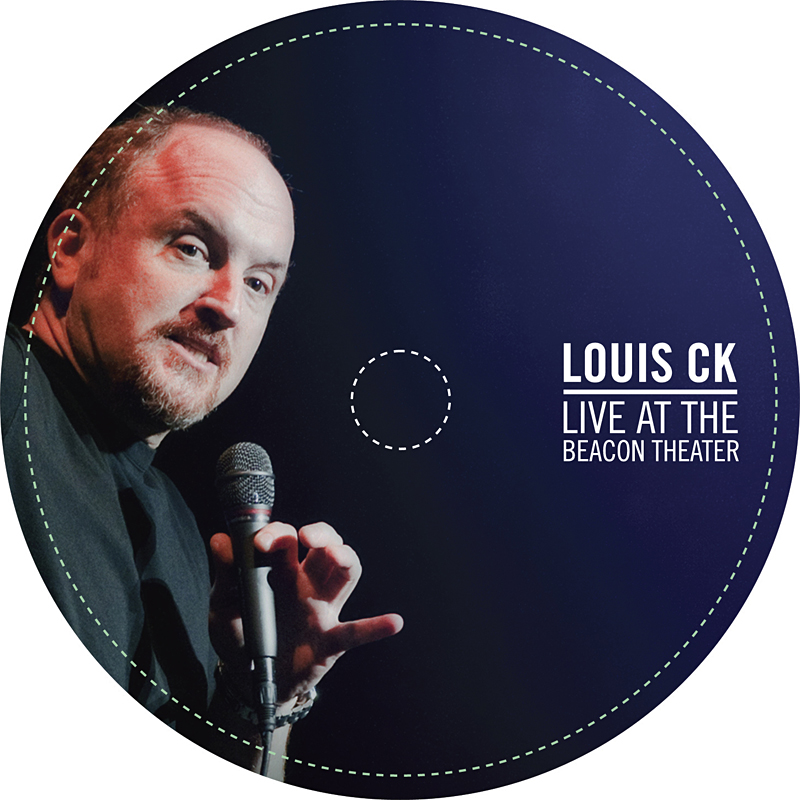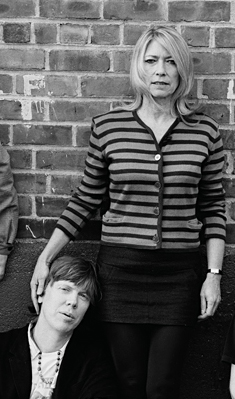Seattle’s nightlife community has to wonder: Does Greg Nickels want to be seen as the No. 1 anti-nightlife mayor? His new proposal for regulating clubs in Seattle outstrips the efforts of notorious anti-club crusaders like former Mayor Paul Schell, former City Attorney Mark Sidran, and former Mayor Norm Rice (the guy responsible for writing and maintaining the restrictive Teen Dance Ordinance). The bullet points in Nickels’ proposal show him to be a gunslinger of the highest order, taking aim at clubs and clubs only. Nickels calls for a new noise ordinance that would give neighbors within earshot more control over the clubs than the clubs themselves, a security stipulation making club employees responsible for activities that occur within 100 feet of the club, and a new license application process that would require review by five separate county and city departments. To top it all off, if a club’s license is suspended for any reason, it will be shut down for 30 days. After three suspensions, the city will close the club for good.
That’s just the beginning. The proposal also turns club employees into a litter patrol responsible for cleaning up trash not just on their own premises, but on the “adjacent” premises as well. (Does this mean the High Dive is responsible for picking up dog poo bags they find in front of Railey’s Leash & Treat?)
If club owners and employees feel cornered, they have every right, because Seattle’s nightlife issue isn’t just a nightlife issue, it’s a density issue in which Nickels seems to want to paint clubs as the lone problem child. Simply put, we are a small city growing into a big one and we haven’t figured out how to handle that. With a proposal like this, the mayor’s office seems to view policing clubs as the sole solution.
Granted, Nickels’ proposal is just that—a proposal. Not a dictate, not (yet) a law. When I spoke with club owner/band manager Dave Meinert, he levelheadedly reminded me that Nickels’ political process has often involved trial balloons composed of sharp edges meant to be smoothed over by his Nightlife Task Force and City Council. As Meinert suggested, Nickels recognizes the need for discourse among neighbors, club owners, and city officials, and this proposal is part of that discussion.
But if Nickels sincerely wished to start such a discussion, why did he write a proposal composed of fighting words? Who wants to talk with a gun pointed at their head? Why not empower the Nightlife Task Force—a group of club owners, city officials, and neighborhood reps—to consider the options? Given that the issue is one of density, I say we divvy up some of that pressure and force cheap developers to purchase quality soundproofing materials.
Though it’s still early to call Nickels a club hater, there is no denying his pro-development stance. Until that changes, Seattle’s vibrant nightlife community needs to be on high alert before it becomes a Bible camp for the 21-and-over crowd.







